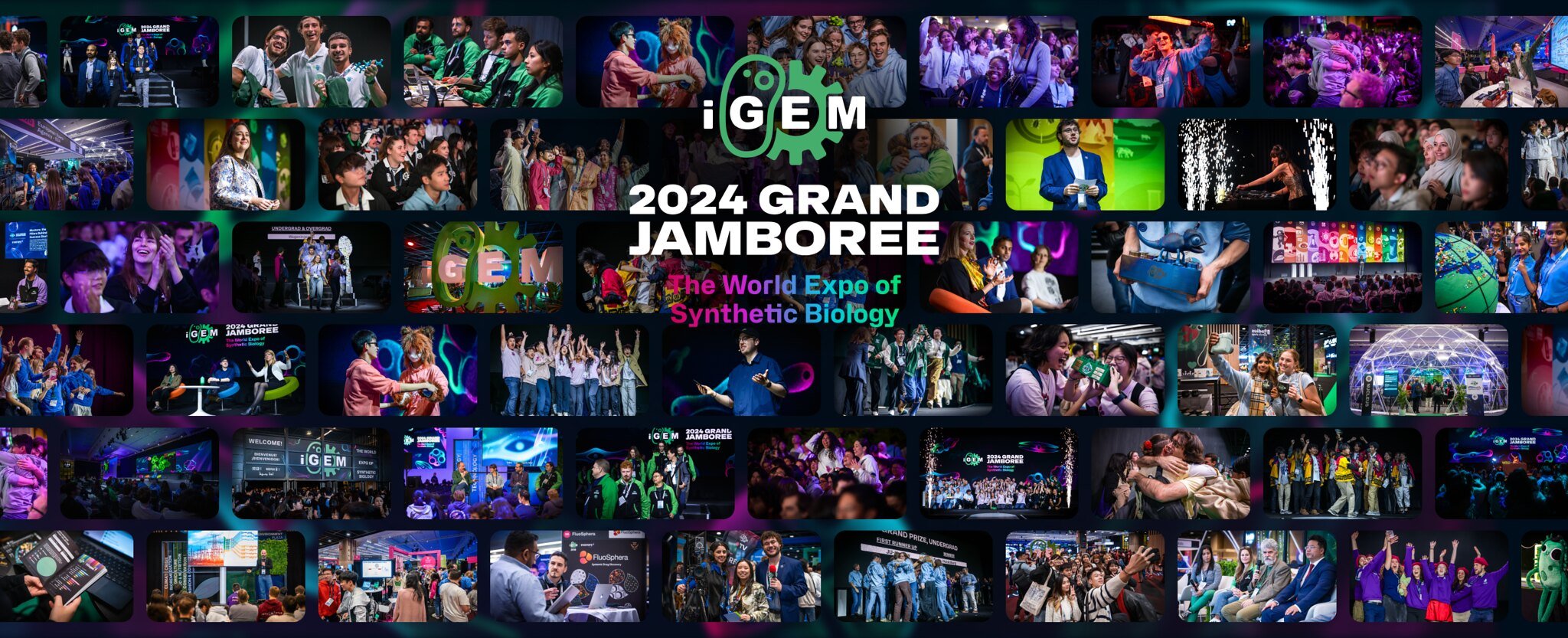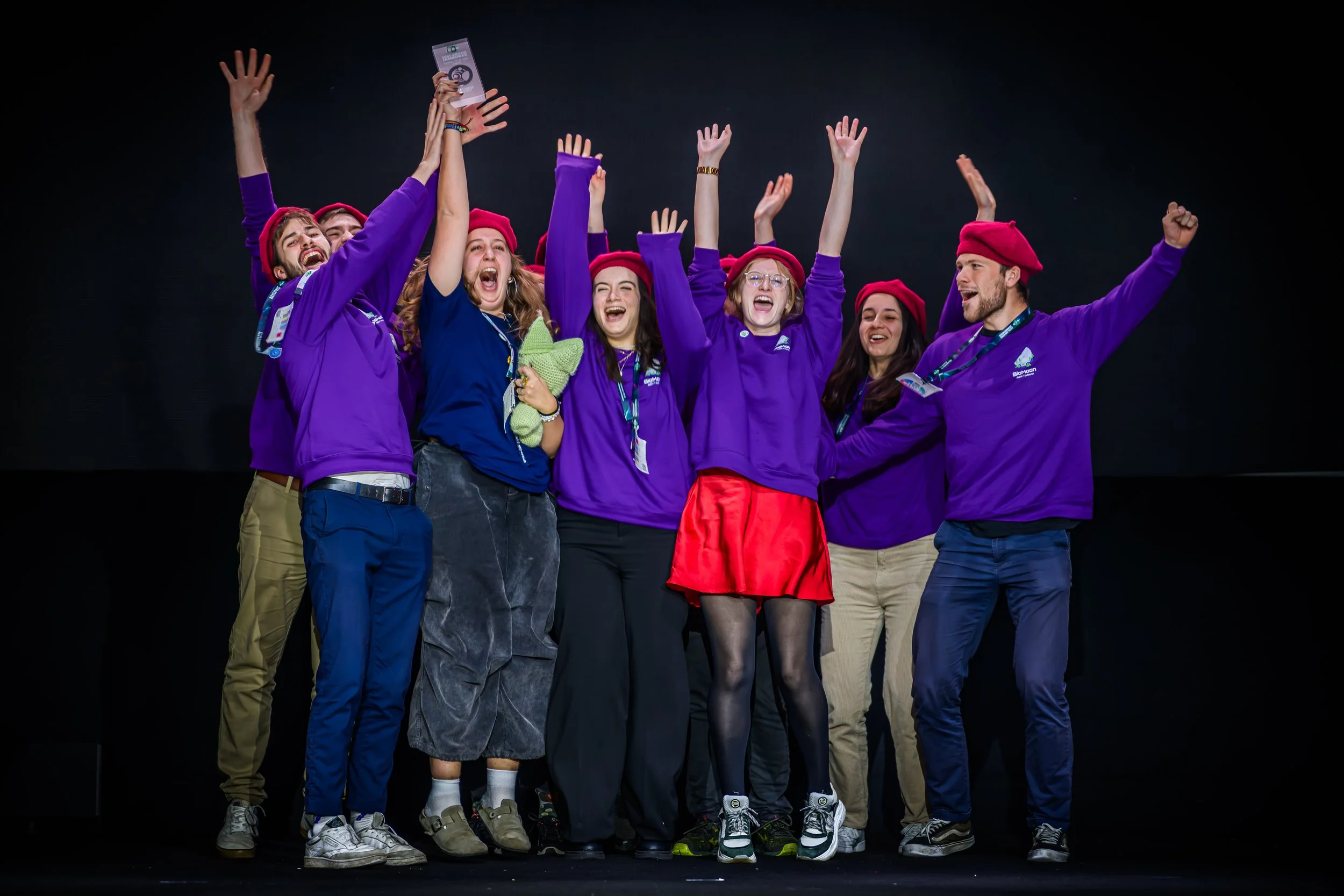When iGEM was featured on 60 Minutes this Fall, it marked a milestone for synthetic biology and for youth-led innovation. To be featured on such a stage is rare. To have the focus be an iGEM Team’s process as they push the boundaries of synthetic biology is quite extraordinary!
Welcome!
This blog is where we share stories, announcements, and insights from around the iGEM community.





















